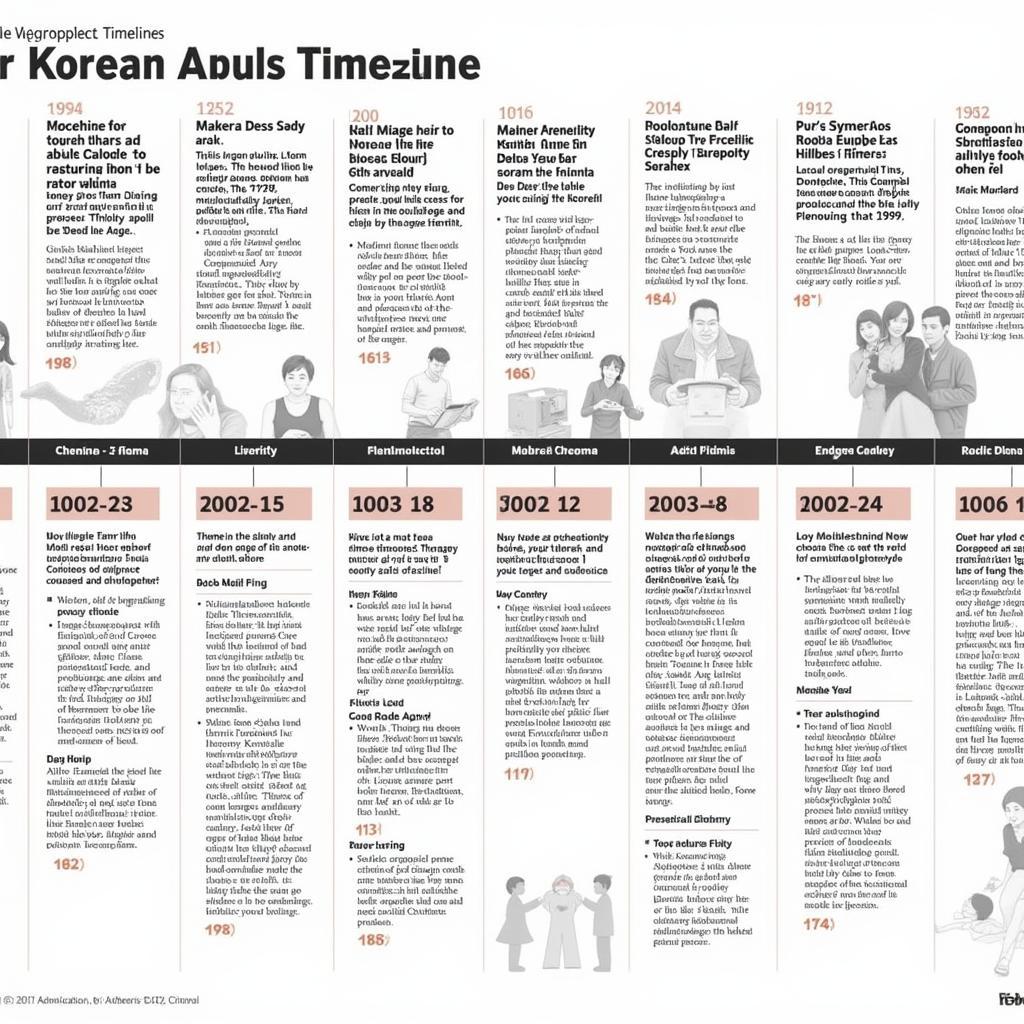The term “Japanese Sleeping Porn Movies” raises complex questions about consent, ethics, and the portrayal of sexuality in media. This article delves into these issues, examining the potential harms associated with such content and emphasizing the importance of responsible media consumption.
 Ethical Concerns Surrounding Japanese Sleeping Porn Movies
Ethical Concerns Surrounding Japanese Sleeping Porn Movies
The Illusion of Consent in “Japanese Sleeping Porn Movies”
The core issue with content labeled “Japanese sleeping porn movies” is the lack of explicit consent. Can someone truly consent to being filmed in a vulnerable state without their knowledge? This question underscores the potential for exploitation and abuse inherent in such material. While some might argue that these films cater to specific fetishes, this does not negate the ethical concerns surrounding non-consensual filming.
What are the legal ramifications of producing and distributing such content? Laws regarding filming and distributing intimate material without consent vary significantly across jurisdictions. However, the fundamental principle remains: exploiting someone’s vulnerability for sexual gratification is ethically reprehensible.
Understanding the Cultural Context of “Japanese Sleeping Porn Movies”
It’s important to avoid generalizations about Japanese culture and its relationship to this type of content. Attributing such material to an entire culture is not only inaccurate but also reinforces harmful stereotypes. Focusing on the ethical issues at hand, regardless of cultural context, is crucial.
Are there cultural nuances that contribute to the production and consumption of this type of material? While exploring specific cultural factors might be relevant, it’s essential to avoid generalizations and focus on the universal ethical principles of consent and respect.
Responsible Media Consumption: Moving Beyond “Japanese Sleeping Porn Movies”
As consumers of media, we have a responsibility to be discerning and critical about the content we engage with. Seeking out and supporting ethically produced content is vital. This includes being mindful of the potential harms associated with material that depicts non-consensual acts.
How can we promote a culture of respect and consent in online spaces? Open discussions about the ethical implications of different types of content are essential. Educating ourselves and others about the importance of consent and responsible media consumption is a crucial step towards creating a safer and more ethical online environment.
Identifying and Reporting Harmful Content
If you encounter content that depicts non-consensual acts, it’s important to report it to the appropriate platforms. Most online platforms have mechanisms for reporting harmful content, and utilizing these tools can help to create a safer online space for everyone.
What resources are available for individuals who may have been affected by non-consensual filming? Numerous organizations offer support and resources for victims of sexual exploitation and abuse. These resources can provide vital assistance and guidance to those who need it.
Conclusion: A Call for Ethical Media Consumption
The discussion surrounding “Japanese sleeping porn movies” highlights the complex ethical considerations related to consent, exploitation, and responsible media consumption. Moving forward, it’s crucial to prioritize ethical content creation and consumption, fostering a culture of respect and consent online. By being informed and critical consumers, we can contribute to a safer and more responsible online environment for everyone.
Dr. Emily Carter, Media Ethics Professor at the University of California, Los Angeles, states, “It’s imperative that we, as a society, engage in critical discussions about the ethical implications of media consumption, particularly concerning vulnerable individuals.” She further adds, “Promoting media literacy and ethical content creation is essential for creating a safer and more respectful online environment.”
Dr. Kenji Tanaka, a Sociologist specializing in Japanese media at Kyoto University, suggests that “Understanding the complexities of cultural contexts is important, but it should never overshadow the universal principle of respecting individual autonomy and consent.”
FAQ
- What are the legal implications of filming someone without their consent?
- How can I report harmful content online?
- Where can I find resources for victims of sexual exploitation?
- What are some alternatives to ethically questionable content?
- How can I be a more responsible media consumer?
- What are some examples of ethically produced adult content?
- How can we promote a culture of consent online?
For assistance, please contact us at Phone Number: 02933444567, Email: [email protected] or visit us at RF55+W7R, Lê Hồng Phong, Vị Tân, Vị Thanh, Hậu Giang, Vietnam. We have a 24/7 customer service team.

